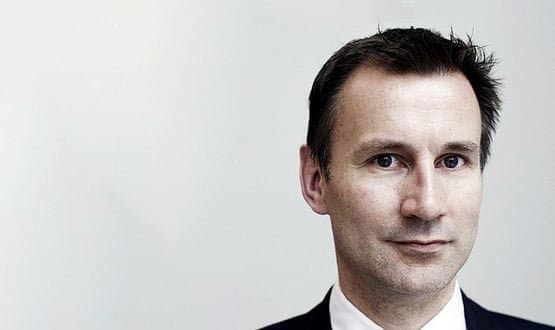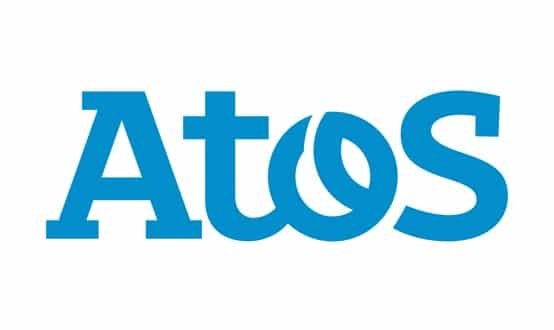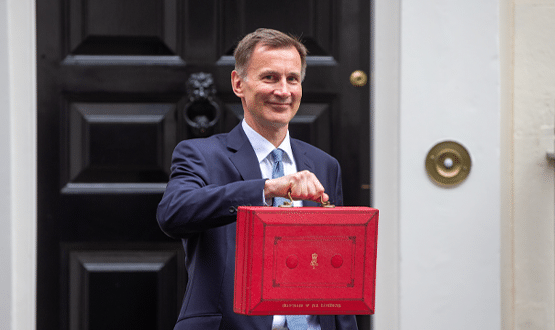Hunt wants paperless NHS in five years
- 16 January 2013

Health secretary Jeremy Hunt has set out a tight timetable for making all records and communications in the NHS paperless.
In a speech to the right-wing think-tank Policy Exchange on Wednesday, he said that all records and communications in health and social care would be electronic by 2018.
There is no central funding for the plans, but a report commissioned from consultants PriceWaterHouseCoopers has estimated that more ambitious use of IT would save the NHS £4 billion.
Hunt took over from health secretary Andrew Lansley in the last government’s reshuffle. The new team at Richmond House has continued Lansley’s interest in IT.
Junior minister Dr Dan Poulter told EHI Live 2012 in Birmingham that IT was essential, not just to make savings but to pursue the government’s choice and transparency agendas.
To date, however, the coalition’s firmest promise had been to give patients online access to their GP records by 2015, although the NHS Commissioning Board has been given some important IT imperatives in its ‘mandate’ from the government.
The mandate indicates that the NHS CB should develop electronic health records that work across the health and care system by 2015.
The ‘planning guidance’ issued by the organisation in December also indicated that it will run a consultation on patient access to these records later this summer.
In Wednesday’s speech, Hunt reiterated the GP pledge and a commitment made by NHS CB national director of patients and information Tim Kelsey to make referrals paperless by 2015.
He also added to the IT sections of the mandate, by setting a 12 month deadline for hospitals to computerise their records “in such a way that they can be shared."
Overall, Hunt said that "by April 2018 digital information will be fully available across NHS and social care services, barring individual opt-outs."
There is no suggestion that the government is planning to return to a project like the National Programe for IT in the NHS, which Lansley made big play of scrapping twice, in 2010 and 2011.
Instead, the government will pursue a strategy of local hospitals and other health organisations developing their own records, and making systems interoperable, using ‘invest to save’ principles.
In newspaper interviews, Hunt emphasised that there will be no “central, national database” and that patients will have to give consent to record sharing.
On the other hand, he has repeated the familiar trope that if other sectors of the economy can digitise their records then so can the NHS.
“If banks can develop systems where people are confident about their money, it must be possible for the NHS to develop systems where people are confident about their privacy,” he told the Daily Telegraph.
“The NHS cannot be the last man standing as the rest of the economy embraces the technology revolution.”
* Updates: The first version of this story was published on Wednesday morning, ahead of Hunt’s speech.
The Department of Health released a press notice about Hunt’s announcements at 9.30am that day.
A full report of Hunt’s speech and how it went down at Policy Exchange has been published in Insight.




